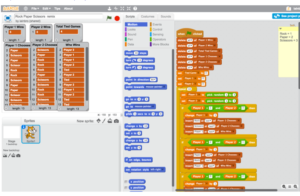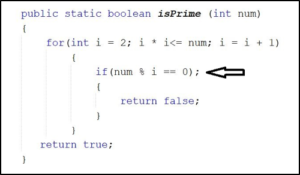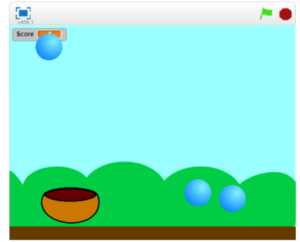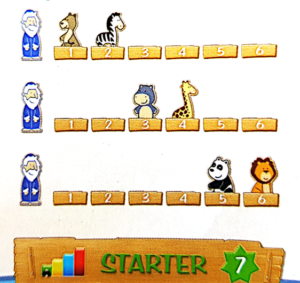Editor’s Message
Integrated concepts: curricular and computational thinking concepts— Immaculate K. Namukasa.
Too often educators seek to identify computer programming tasks that also meet specific curricular goals. Such tasks may engage students in reviewing old or in learning new content and processes. In this paper, I share a task that applied computational programming in mathematics lessons, the path and polygon construction activities. This task, in a manner similar to certain CT activities, enabled the consolidation of learning. To be specific, I elaborate on the computational thinking (CT), the mathematics, as well the CT and Mathematics integrated concepts enabled by the task.
Featured Articles
 Open and Creative Coding— Iain Brodie, Jessica Albert, and Christopher Chan
Open and Creative Coding— Iain Brodie, Jessica Albert, and Christopher Chan
There are many definitions concerning the concept of creativity in education. Most of these definitions disagree on what constitutes creativity in an educational setting. While educators value creativity in their students, their pedagogies frequently suppress creative behaviours. Creativity and its partners, innovation and entrepreneurship, are soon to become part of the new learning skills on the Ontario report card. How are we as educators going to be able to assess and change our pedagogies in order to teach and ultimately assess creativity in our students? One way to foster these 21st century learning skills is through coding and computational thinking tasks.
 How should teachers respond to student questions when engaging in coding activities?— Steven Floyd
How should teachers respond to student questions when engaging in coding activities?— Steven Floyd
When students engage in coding activities they often ask many questions. The way the teacher responds to these questions can have a dramatic impact on the learning that takes place in the classroom.When should teachers provide the students with direct answers and when should teachers guide students towards finding the answer themselves? When guiding students toward independent solutions, how much information should the teacher provide? In this article we explore a few scenarios to see the impact on teacher driven or student driven problem solving in coding activities.
The O verlooked Value of “Use” in “Use-Edit-Create”— Betty Zhang
verlooked Value of “Use” in “Use-Edit-Create”— Betty Zhang
“Can students learn something about coding by simply using codes?” The answer was simply, “No.” Even though the conversation did not end there, that was the first reaction of a high school computer science teacher to my question. From my personal experience, that response reflects the opinions of teachers and scholars who are familiar with computation thinking and coding. … students’ impressive codes and the process of creating them often steal the spotlight and divert attention away from their fruitful first encounter with coding. I personally think we are not giving the “use” in the use-edit-create cycle enough credit for its benefit in increasing students’ exposure to and fluency in programming.
 Coding Buddies and Intergenerational Thinking — Brandon Dickson, Lauren Harris, Taylor Boyd and Donna Kotsopoulos
Coding Buddies and Intergenerational Thinking — Brandon Dickson, Lauren Harris, Taylor Boyd and Donna Kotsopoulos
For a long time, people have recognized the importance of “intergenerational learning” defined by Ropes broadly as “an interactive process that takes place between different generations resulting in the acquisition of new knowledge, skills and values” (2013). In this however, is frequently embedded the assumption that the older cohort will impart wisdom to the younger and so this cycle will continue. In elementary schools, this frequently takes the form of things like ‘reading buddies’. Here I will endeavour to demonstrate an interesting experience I had with a ‘coding buddies’ program, that demonstrates the unique learning allowed through coding and the plans to expand this in the future.
Discerning decomposition and co mputational disposition with Archelino: A dialogue — Steven Khan and Sally Rudakof
mputational disposition with Archelino: A dialogue — Steven Khan and Sally Rudakof
This article is presented as a research informed dialogue between the two authors. It represents a reconstruction of conversations that occurred over several weeks, in person and via email as we explored the affordances of a wooden puzzle game for scaffolding understanding of the process of decomposition as used in computational thinking (CT) frameworks and computational dispositions in the early years alongside academic readings. We have not identified either one of us as S1 or S2 as for the purpose of a more coherent dialogue we have blended thoughts and ideas together.

